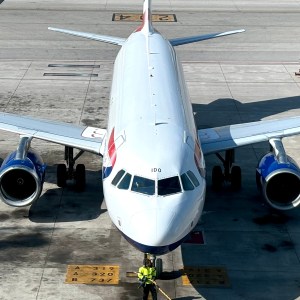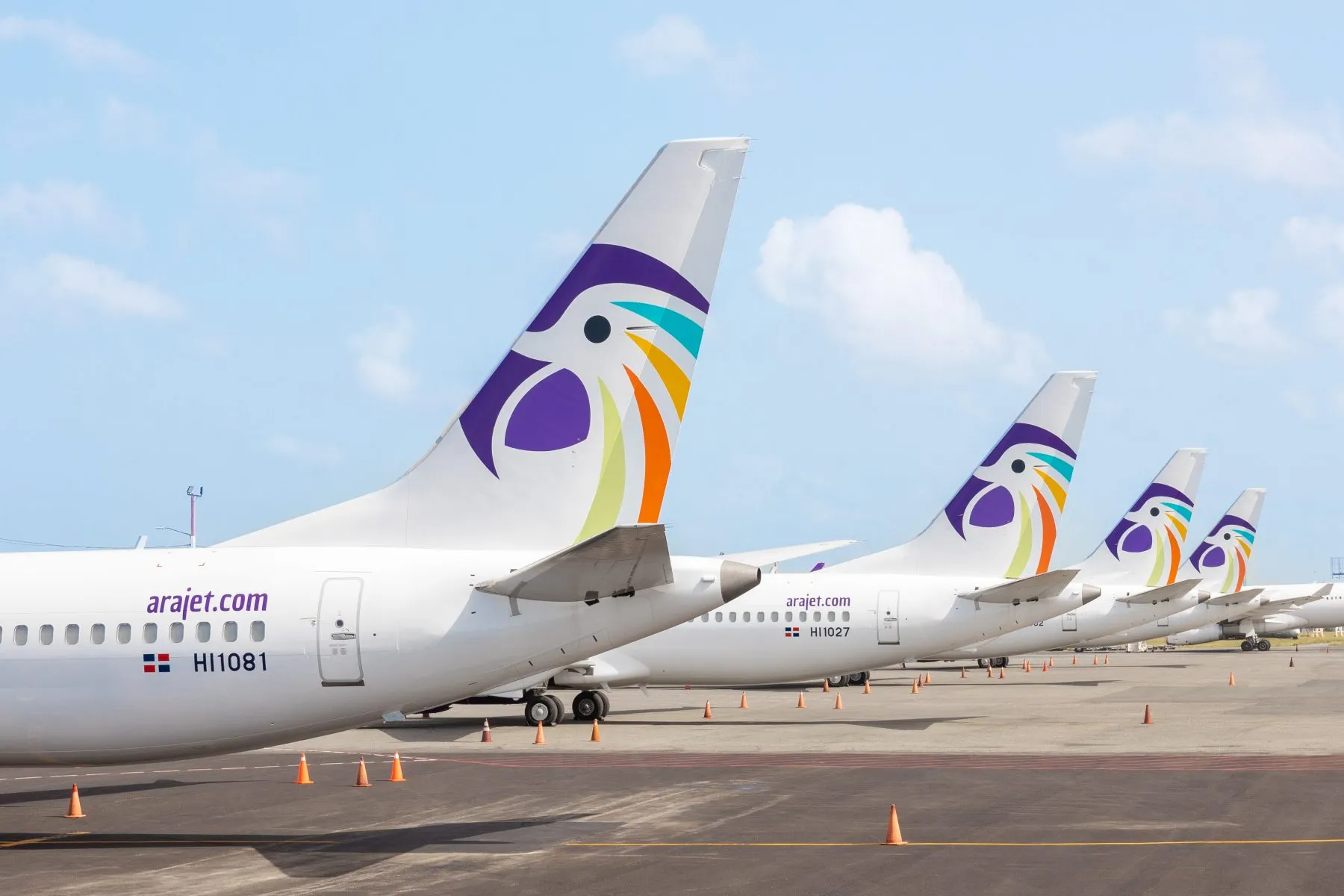U.S. Airlines Add Unusual New Routes and 8 Other Aviation Trends This Week
Skift Take

Jet Stream Newsletter
Airline news moves fast. Don’t miss a beat with our weekly airline newsletter. Landing in your inbox on Saturdays.U.S. Airlines Add Untapped International Routes in Next Stage of Growth: When U.S. airlines started making money again several years ago, they added flights to some of the biggest business destinations. But they have mostly filled in those gaps, so now they’re taking chances on more unusual routes. Some will surely fail.
Singapore Airlines CEO Lays Out Challenges Without Any Domestic Routes: In a rare appearance at Skift Forum Asia, Singapore Airlines CEO Goh Choon Phong says the carrier is in a unique position: It doesn’t operate a single domestic route. So it has to make up for the valuable revenue stream it lacks from domestic traffic feed by competing aggressively in a fragmented market.
United President Warns New Low-Cost Carriers Can’t Control Their Business Model: Network airlines have long sought to drive out low-cost carriers by matching fares in certain markets. But now, equipped with basic economy fares and other options, United Airlines’ Kirby vows to match the fares of new entrants in a much more rigorous way.
Plastics in Airline Catering Raise Questions About Carbon Emissions: Airlines have a love-hate relationship with plastics, especially when it comes to food and beverage. Plastics pose a serious environmental threat, but at the same time they’re lightweight and thereby help reduce carbon emissions. Can carriers tackle both of these problems at once?
United Won’t Pay Munoz a Full Bonus: U.S. Airline CEO Pay 2018. U.S. airline CEOs make a lot of money. But they have tough jobs, and their businesses are making money. Maybe they deserve it.
The Anti-Flying Movement Is Slowly Starting to Hurt European Airlines: A lot of people feel guilty about flying, but the number prepared to give it up is still pretty small. That’s not to say it can’t grow, especially as climate change becomes more of a priority. Should we all have the right to cheap flights, even if they are helping to destroy the planet?
AirAsia Deputy CEO Confident That Becoming Amazon of Travel Is ‘Very Doable’: Lots of companies have plenty of data at their disposal to improve operations and personalize services. Whether AirAsia has the wherewithal to become a much broader e-commerce platform is a very open question.
Lufthansa Will Adopt Dynamic Award Pricing for Its Loyalty Program: In moving to a dynamic-based system for selling award seats, Lufthansa will be the first European carrier to formally adopt the model. But will the program look like its American cousins?
Wizz Air Defies Tough European Aviation Market With Record Annual Profit With costs lower than most other airlines, Wizz Air is in a strong position to ride out a difficult 2019.




